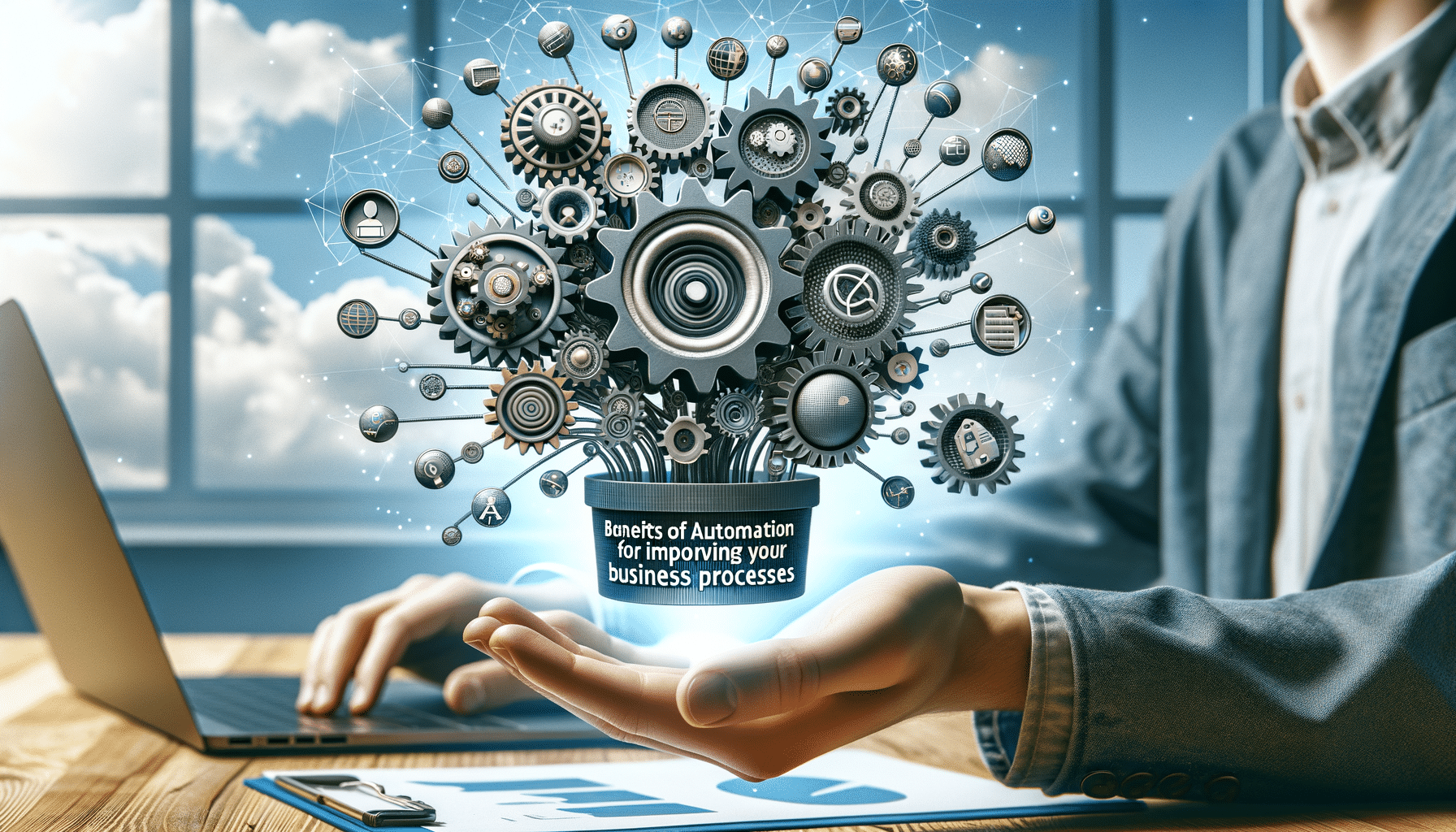
Effortlessly Manage Customer Connections with CRM Software
The Role of CRM Software in Modern Business
In today’s fast-paced business environment, maintaining strong customer relationships is crucial for success. Customer Relationship Management (CRM) software plays a pivotal role in achieving this goal. By centralizing customer data, CRM software provides businesses with a comprehensive view of customer interactions and preferences. This centralized approach allows companies to offer personalized and timely services, which are key to enhancing customer satisfaction and loyalty.
CRM systems are designed to streamline communication, automate routine tasks, and provide valuable insights into customer behavior. For instance, they can track customer interactions across various channels, such as email, phone, and social media, ensuring that no detail is overlooked. This level of detail is essential for businesses aiming to deliver exceptional customer experiences consistently.
Moreover, CRM software is not limited to large enterprises. Small and medium-sized businesses can also benefit significantly from its capabilities. By automating follow-ups and reminders, CRM tools help businesses manage their customer base more efficiently, allowing them to focus on growth and innovation.
Key Features of CRM Software
CRM software comes equipped with a range of features designed to enhance customer relationship management. Some of the most notable features include:
- Contact Management: This feature allows businesses to store and manage customer information, including contact details, interaction history, and preferences.
- Sales Automation: CRM systems can automate various sales processes, such as lead management, sales forecasting, and order processing, helping sales teams close deals faster.
- Customer Support: By providing tools for tracking and resolving customer issues, CRM software improves the efficiency and effectiveness of customer support teams.
- Analytics and Reporting: CRM systems offer powerful analytics tools that provide insights into customer behavior and sales performance, enabling data-driven decision-making.
- Integration Capabilities: CRM software can integrate with other business applications, such as marketing automation tools and ERP systems, to provide a seamless workflow.
These features make CRM software an indispensable tool for businesses looking to enhance their customer relationship management strategies.
Benefits of Implementing CRM Software
Implementing CRM software offers numerous benefits that can significantly impact a business’s bottom line. Some of the key advantages include:
- Improved Customer Satisfaction: By providing personalized and timely service, CRM software helps businesses meet and exceed customer expectations, leading to higher satisfaction levels.
- Enhanced Efficiency: Automation of routine tasks and streamlined communication processes reduce manual workload, allowing employees to focus on more strategic activities.
- Increased Sales: With better insights into customer behavior and preferences, sales teams can tailor their approaches, resulting in higher conversion rates and increased sales.
- Better Collaboration: CRM systems facilitate collaboration across different departments by providing a centralized platform for sharing information and insights.
- Data-Driven Decision Making: Access to detailed analytics and reports enables businesses to make informed decisions based on real-time data.
These benefits highlight the significant value that CRM software can bring to businesses of all sizes.
Challenges in CRM Software Implementation
While CRM software offers numerous benefits, its implementation is not without challenges. Businesses must be aware of potential obstacles to ensure a successful deployment. Some common challenges include:
- Data Quality: Maintaining accurate and up-to-date customer data is crucial for CRM success. Poor data quality can lead to incorrect insights and ineffective strategies.
- User Adoption: Ensuring that employees fully embrace the CRM system is essential. Resistance to change or lack of training can hinder the system’s effectiveness.
- Integration Issues: Integrating CRM software with existing systems can be complex and may require significant time and resources.
- Customization Needs: Businesses often need to customize CRM solutions to fit their specific needs, which can be time-consuming and costly.
- Security Concerns: Protecting sensitive customer data is a top priority. Businesses must ensure that their CRM systems have robust security measures in place.
Addressing these challenges requires careful planning, adequate training, and a clear understanding of business objectives.
Future Trends in CRM Software
The CRM software landscape is continually evolving, with new trends shaping its future. Some of the emerging trends include:
- AI and Machine Learning: Artificial intelligence is transforming CRM by providing predictive analytics, automating tasks, and offering personalized customer experiences.
- Omnichannel CRM: As customer interactions span multiple channels, CRM systems are evolving to provide seamless integration across all touchpoints.
- Mobile CRM: With the increasing use of mobile devices, CRM software is becoming more mobile-friendly, allowing users to access information on the go.
- Social CRM: Integrating social media platforms with CRM systems enables businesses to engage with customers and gather insights from social interactions.
- Customer Experience Focus: CRM solutions are increasingly focusing on enhancing the overall customer experience, rather than just managing relationships.
These trends indicate that CRM software will continue to be a vital tool for businesses looking to stay competitive and meet evolving customer expectations.


